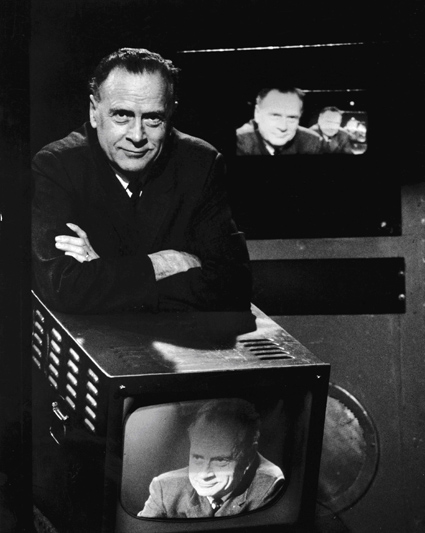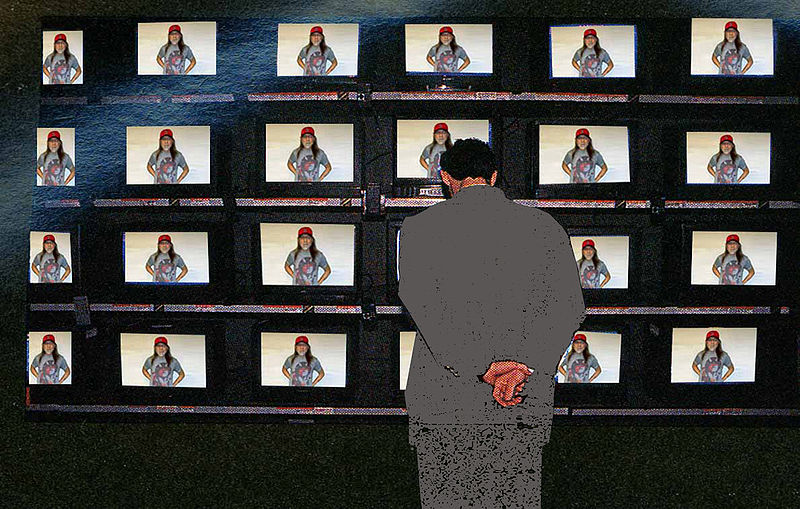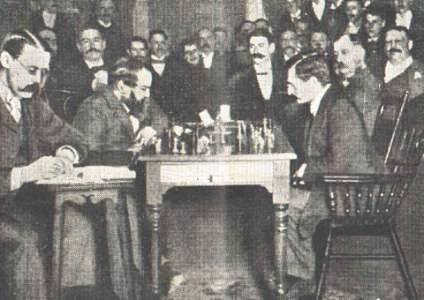
I’ve of course read Ron Rosenbaum’s seminal 1971 Phone Phreak story in Esquire, but I hadn’t come across the coverage of that subculture from Ramparts until now. In 1972, that publication ran step-by-step instructions of how someone could receive phone calls for free, sans blue box. In 1993, it published a piece by Bruce Sterling about the history of hacking which explained the pre-Phreak politicized past of phone rip-offs, which was a signature of the Yippie movement. An excerpt:
“Abbie Hoffman is said to have caused the Federal Bureau of Investigation to amass the single largest investigation file ever opened on an individual American citizen. (If this is true, it is still questionable whether the FBI regarded Abbie Hoffman a serious public threat -quite possibly, his file was enormous simply because Hoffman left colorful legendry wherever he went). He was a gifted publicist, who regarded electronic media as both playground and weapon. He actively enjoyed manipulating network TV and other gullible, imagehungry media, with various weird lies, mindboggling rumors, impersonation scams, and other sinister distortions, all absolutely guaranteed to upset cops, Presidential candidates, and federal judges. Hoffman’s most famous work was a book self-reflexively known as Steal This Book, which publicized a number of methods by which young, penniless hippie agitators might live off the fat of a system supported by humorless drones. Steal This Book, whose title urged readers to damage the very means of distribution which had put it into their hands, might be described as a spiritual ancestor of a computer virus.
Hoffman, like many a later conspirator, made extensive use of pay- phones for his agitation work — in his case, generally through the use of cheap brass washers as coin-slugs.
During the Vietnam War, there was a federal surtax imposed on telephone service; Hoffman and his cohorts could, and did, argue that in systematically stealing phone service they were engaging in civil disobedience: virtuously denying tax funds to an illegal and immoral war. But this thin veil of decency was soon dropped entirely. Ripping-off the System found its own justification in deep alienation and a basic outlaw contempt for conventional bourgeois values. Ingenious, vaguely politicized varieties of rip-off, which might be described as ‘anarchy by convenience,’ became very popular in Yippie circles, and because rip-off was so useful, it was to survive the Yippie movement itself. In the early 1970s, it required fairly limited expertise and ingenuity to cheat payphones, to divert ‘free’ electricity and gas service, or to rob vending machines and parking meters for handy pocket change. It also required a conspiracy to spread this knowledge, and the gall and nerve actually to commit petty theft, but the Yippies had these qualifications in plenty. In June 1971, Abbie Hoffman and a telephone enthusiast sarcastically known as ‘Al Bell’ began publishing a newsletter called Youth International Party Line. This newsletter was dedicated to collating and spreading Yippie rip-off techniques, especially of phones, to the joy of the freewheeling underground and the insensate rage of all straight people.
As a political tactic, phone-service theft ensured that Yippie advocates would always have ready access to the long-distance telephone as a medium, despite the Yippies’ chronic lack of organization, discipline, money, or even a steady home address.
Party Line was run out of Greenwich Village for a couple of years, then ‘Al Bell’ more or less defected from the faltering ranks of Yippiedom, changing the newsletter’s name to TAP or Technical Assistance Program. After the Vietnam War ended, the steam began leaking rapidly out of American radical dissent. But by this time, ‘Bell’ and his dozen or so core contributors had the bit between their teeth, and had begun to derive tremendous gut-level satisfaction from the sensation of pure technical power.
TAP articles, once highly politicized, became pitilessly jargonized and technical, in homage or parody to the Bell System’s own technical documents, which TAP studied closely, gutted, and reproduced without permission. The TAP elite revelled in gloating possession of the specialized knowledge necessary to beat the system.
‘Al Bell’ dropped out of the game by the late 70s, and ‘Tom Edison’ took over; TAP readers (some 1400 of them, all told) now began to show more interest in telex switches and the growing phenomenon of computer systems. In 1983, ‘Tom Edison’ had his computer stolen and his house set on fire by an arsonist. This was an eventually mortal blow to TAP (though the legendary name was to be resurrected in 1990 by a young Kentuckian computeroutlaw named ‘Predat0r.’)
Ever since telephones began to make money, there have been people willing to rob and defraud phone companies. The legions of petty phone thieves vastly outnumber those ‘phone phreaks’ who ‘explore the system’ for the sake of the intellectual challenge. The New York metropolitan area (long in the vanguard of American crime) claims over 150,000 physical attacks on pay telephones every year! Studied carefully, a modern payphone reveals itself as a little fortress, carefully designed and redesigned over generations, to resist coinslugs, zaps of electricity, chunks of coin-shaped ice, prybars, magnets, lockpicks, blasting caps. Public pay- phones must survive in a world of unfriendly, greedy people, and a modern payphone is as exquisitely evolved as a cactus.”



























